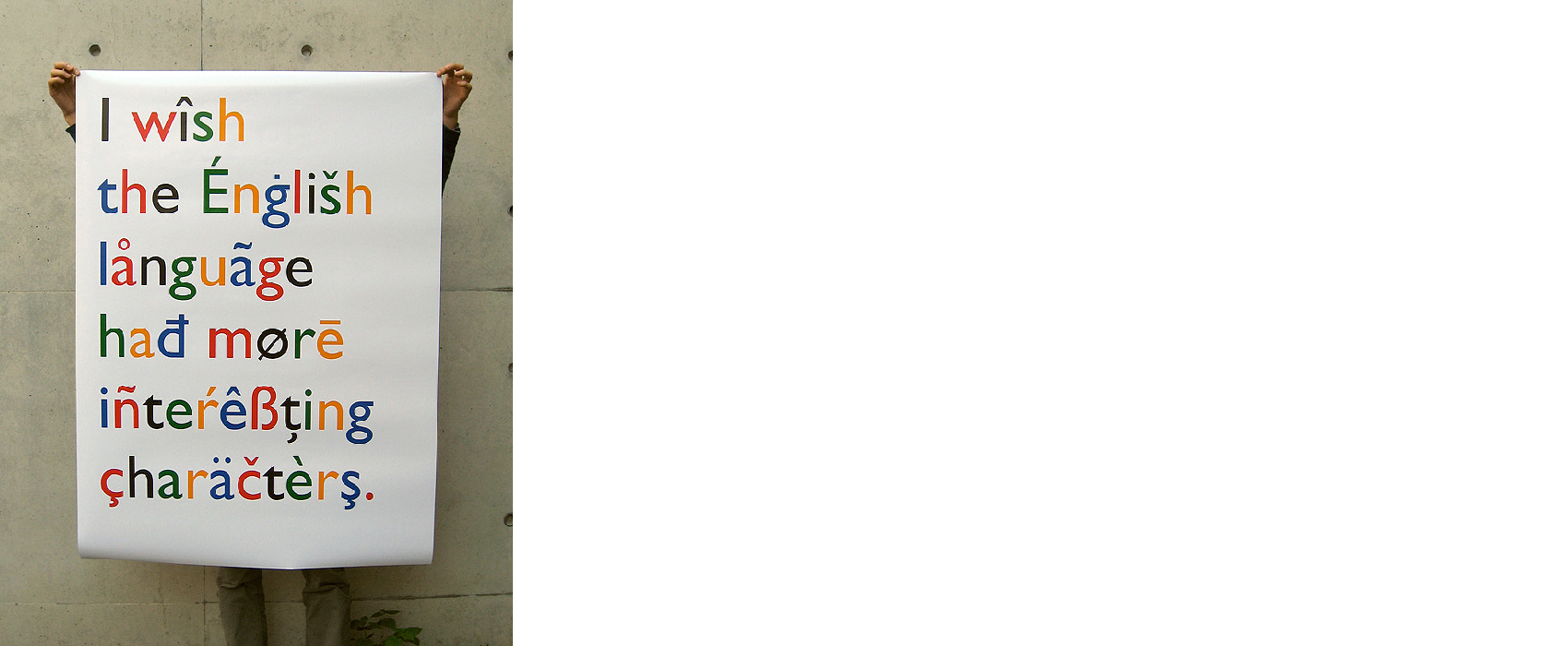#4: Language is currency

Language has its own currency in various continents and cultures. Working across its barriers offers an insight into the importance of communication as a tool for business and identity. As you, dear reader, may have gathered from the occasional Teutonic harshness and less-than-subtle tone, I write this in a foreign language. Foreign to me, that is. Writing in a foreign language comes with a few caveats: I cannot make references to local – in my case German – politics, nor local sports, and I certainly can’t make puns that translate seamlessly into English. Communication across languages and, thus, cultures, is more of a problem than people who have never had to speak or understand anything other than their mother tongue can imagine. Having to forego certain puns only hurts my ego, but failing to be understood across language barriers can have serious consequences for institutions and companies alike. The first question is what language to use when speaking or writing to people from other countries. English has been the lingua franca of international business for a few decades, but not forever. Diplomats and Post Office administrations around the world used French as their common language well into the 20th century. An example of which can still be seen on diplomatic number plates: ‘CD’ stands for Corps Diplomatique. Before the First World War, most scientific publications were written in German. In 1905, Albert Einstein published his theory of relativity in German, his native language. Likewise Max Planck, considered the founder of quantum physics, who was awarded the Nobel Prize in 1918. Wilhelm Conrad Röntgen is still known in Germany for his discovery of the eponimous rays, which became known as x-rays to the rest of the world, Röntgenstrahlen in Germany. This is not only an early example of clever branding, but also the result of his name being impossible to spell on non-German typewriters in 1901, when he received the first ever Nobel Prize in Physics. To non-German readers he is known as Roentgen.
Which ancient site did Heinrich Schliemann excavate in 1873? He called it Troja (pronounced Traw-yah in English), you know it as Troy. The Greeks called it Troia, as did the Romans. Today, the site is in Turkey and called Truva. So what is its exact name? Many places have different names in different languages. München is also known as Munich or Monaco de Baviera, Vienna is Wien in German, Vienne in French and Wenen in Dutch. Do you know where Mailand is? It has two football clubs: Inter and AC. Why is it Milan in English but Milano in Italian? Does anybody know a place called Aix-la-Chapelle? It is where Karl der Große was crowned in 800 AD, aka Charlemagne, although at that time French did not exist as a language. Latin was the official lingua franca of governments at the time, and he went by the name Carolus Magnus. Today that city is Aachen, or Aken in Dutch. All this may be confusing, but not dangerous. No international crisis will break out over confusing these names.
But when it comes to Romanisation, things get quite political. Is it the Koran or the Qu’ran? Al-Qaeda, al-Qaida or al-Qa’ida? Mumbai or Bombay, Peking or Beijing? In 1972 the United Nations published a standard document for the Romanisation of languages that are not written in the Latin alphabet. There are rules for transliterating Arabic, Hebrew, Khmer and other languages into English. But what about those people who don’t know how to pronounce English? If you write Al Jazeera, a German would need to read Al Dschazirah. The j-sound is pronounced like a ‘y’, and a double-e is just an ‘e’ as in red, or read, or bed. Even some English movies have subtitles in the US – not just those with Scottish or Geordie protagonists, but also those with Cockney dialogues, as in the 1998 film Lock, Stock and Two Smoking Barrels. Younger people in the Netherlands and Scandinavia tend to speak English with an American accent; they grew up watching TV series and movies from Hollywood. Dutch friends of my generation can quote the complete Dead Parrot sketch from Monty Python because that is what they watched in the Seventies. In Germany, Italy, Spain, and many countries outside Europe, foreign movies are dubbed with the local language, but for smaller countries that isn’t worthwhile. People from smaller countries on the fringe of Europe are even prepared to give up the correct spelling of their names. Göran has to be content with Goran – the Internet does not like umlauts or other accents – or even with being called John, the English equivalent of that name. Johns in other countries could be Johannes, Hannes, Hans, Iannis, Jannis, Jean or Giovanni. My name is Erik, which should be pronounced Eh-rick, with a long ‘e’, as in dead but longer. I used to protest other pronunciations, but I’ve given up.
Call me Eric, as long as you spell it with a ‘k’.
